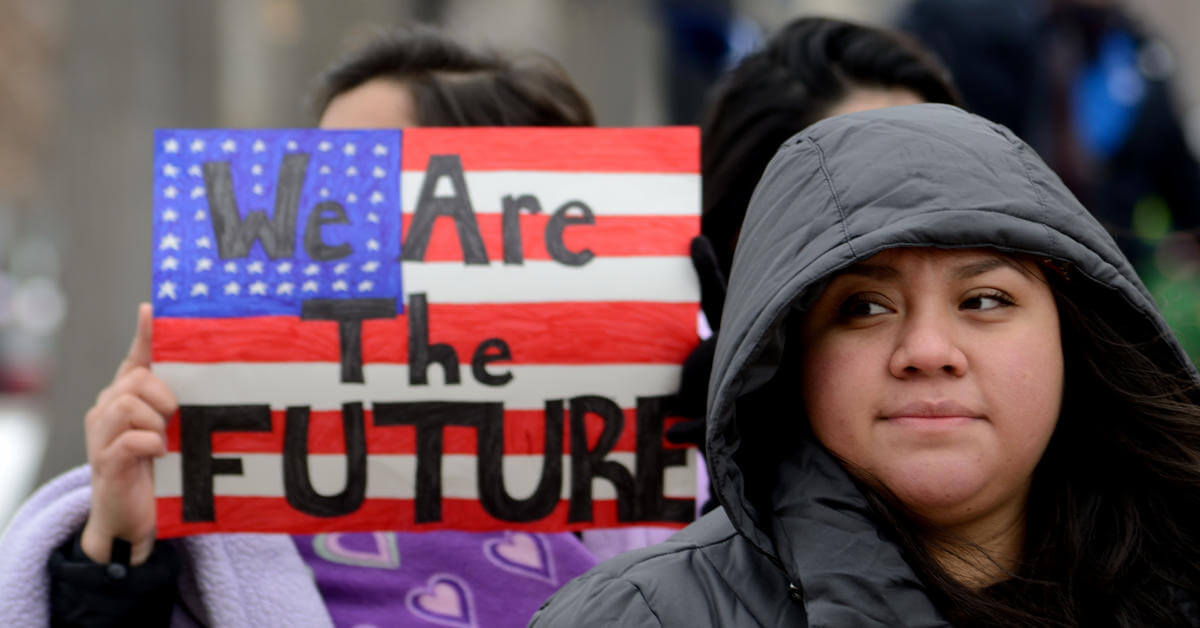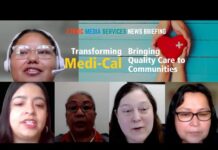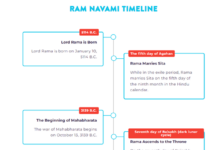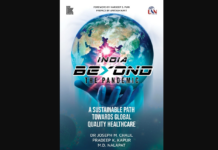Vidya Sethuraman
India Post News Service
The worldwide toll is continuing to rise, with over 10 million confirmed cases. The United States has become the worst-affected country, with more than 2.54 million diagnosed cases and at least 126,000 deaths as of June 29,2020. Most of the country’s largest clusters have emerged in nursing homes, prisons and food processing facilities — places where social distancing is difficult or impossible, and in some cases where shutting down because of the pandemic was not an option. Texas and at least five other states — Florida, Georgia, Idaho, Tennessee and Utah — reported the highest single-day totals of new Covid-19 cases, according to the state’s health departments. More U.S. governors are walking back or delaying reopening plans as Covid-19 cases climb around the country.
Dr. Anthony Fauci, the nation’s top infectious disease expert, urged Americans to go back to the basics to prevent spreading or becoming infected with the virus. “For goodness sakes: avoid crowds, wear masks. Those are the fundamentals that — when you look at the television clips, when you see pictures in the newspapers — people are not doing that. That’s a recipe for disaster,” Fauci told
COVID-19 is having a disparate impact on communities of color and immigrants as widespread fear and confusion fueled by anti-immigrant rhetoric and policies prevent many immigrants from accessing health care and other services. The EMS briefing on June 26 provided information about the programs and supports immigrants are eligible for, explained how to access them, and shared an on-the-ground view of the impact of the pandemic on immigrant communities.
Dr. Daniel Turner-Lloveras, Assistant Professor of Medicine at Harbor-UCLA/ David Geffen School of Medicine/UCLA explained the state of the COVID-19 pandemic and the impact of the public charge rule on patients seeking COVID-19 care.
To protect the health of all communities during the pandemic, everyone, regardless of immigration status, should have access to publicly funded health insurance, said Dr. Daniel Turner-Lloveras. “The chain is only as strong as its weakest link, so if we decide not to provide health insurance to a certain population, it’s only natural that that will allow the virus to spread,” Turner-Lloveras said. He also said the federal government should stop detaining immigrants who are seeking health care, even if it’s for medical conditions unrelated to COVID-19.
“The public charge rule has further exposed the discrimination and racism in our public health system,” said Luvia Quinones, health policy director at the Illinois Coalition for Immigrant and Refugee Rights.
Madison Allen, Senior Policy Attorney at CLASP spoke on the immigrant access to and eligibility for care and benefits programs during the COVID-19 crisis. The “Cares Act,” a $2 trillion federal COVID-19 relief package passed in March, “doesn’t go far enough to help, leaving millions without access to critical programs,” Allen said. And even if the second relief bill, dubbed the “Heroes Act,” wasn’t currently stalled in the U.S. Senate, its provisions similarly fail immigrant communities.
Likewise, millions of undocumented immigrants are unable to take advantage of the extension of federal unemployment benefits under the Cares Act since they are ineligible for such payments even under normal conditions. Undocumented immigrants who have lost their jobs due to the pandemic are also not eligible for the federal Supplemental Food and Nutrition Program, or SNAP, but can access the newly created Pandemic EBT program, which provides food assistance to families that qualify for free lunch programs, Allen said.
And even though federal guidelines explicitly state that testing and treatment related to COVID-19 don’t fall under the public charge rule, the U.S. Citizenship and Immigration Services agency has failed to conduct any meaningful outreach in order to encourage immigrant communities to seek care, said Connie Choi, field manager and strategist at the National Immigration Law Center. Additionally, fear of immigration raids at hospitals and health centers prevents many undocumented residents from being tested and treated for COVID-19, Choi said.







